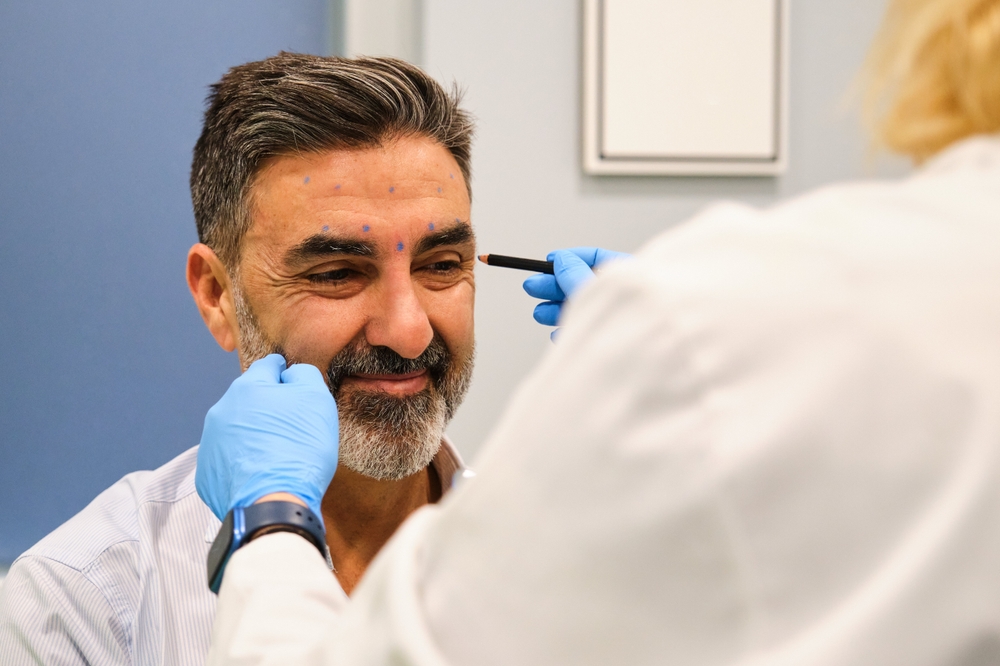It amazes me at how many people who come to our office have had their gallbladders removed. I mean, yes, if there is a life-threatening issue, then it is medically warranted. But are all these people really at that critical stage? And could something have been done to prevent getting to that point?
Gallstone pancreatitis, where one or more gallstones get stuck in the pancreatic duct, is just one of the reasons where that type of surgery may be indicated. If the pancreatic enzymes that aid in digestion back up into the pancreas due to stone blockage, they can cause inflammation and pain and lead to serious health issues. Standard treatment at this stage is to remove the gallbladder within 30 days to prevent a recurrence.
But according to a new study published in The American Journal of Gastroenterology, gallbladder removal may not always be necessary for gallstone pancreatitis.
In looking at 17,000 cases of gallstone pancreatitis in the United States over a 4-year period, the study found that 78% of affected patients had their gallbladders removed within the recommended 30 days of their initial hospitalization. As a result, less than 10 percent of those patients returned to the hospital with pancreatitis.
On the other side of the coin, approximately 3,700 patients didn’t have their gallbladder removed in that first month. Roughly 32% of them did eventually have the surgery within six months, but the other 68% (almost 2,500 patients) still hadn’t had the procedure done four years later. That’s about 15% of the overall cases. Which raises the questions of why did some people not need the surgery, and was the surgery really necessary for some of those that had it? If anything, it should give some encouragement that there may be ways to avoid the surgery.
Standards of care will always be followed in the medical profession, for the protection of both the patients and the doctors. But there will always be exceptions to the rules. Too often, drastic measures seem to be the first line of defense. If an organ malfunctions, just remove it. But really, except in emergency situations (like an inflamed appendix), we should be seeking to find ways to help restore health to what is failing by both supporting it properly and eliminating what may be causing it to malfunction.
For digestive organs like the gall bladder, liver and pancreas, one should always start with the diet. Poor quality foods, high amounts of carbohydrates and unhealthy fats place a burden on these organs that, over time, can cause them to stop functioning normally. If you’re overweight, diabetic or are on cholesterol-lowering medication, you’re a prime candidate to have gallstone issues in the future. Properly cleaning out the digestive system with a good detox and then learning how to support the body with an ideal diet are some of the best ways to give yourself the least amount of risk from the factors just mentioned. Our office can help get you on track with a plan tailored to your particular dietary needs and that will support better digestive function. All it takes is a phone call and the desire to make some changes for your current and future health.
















